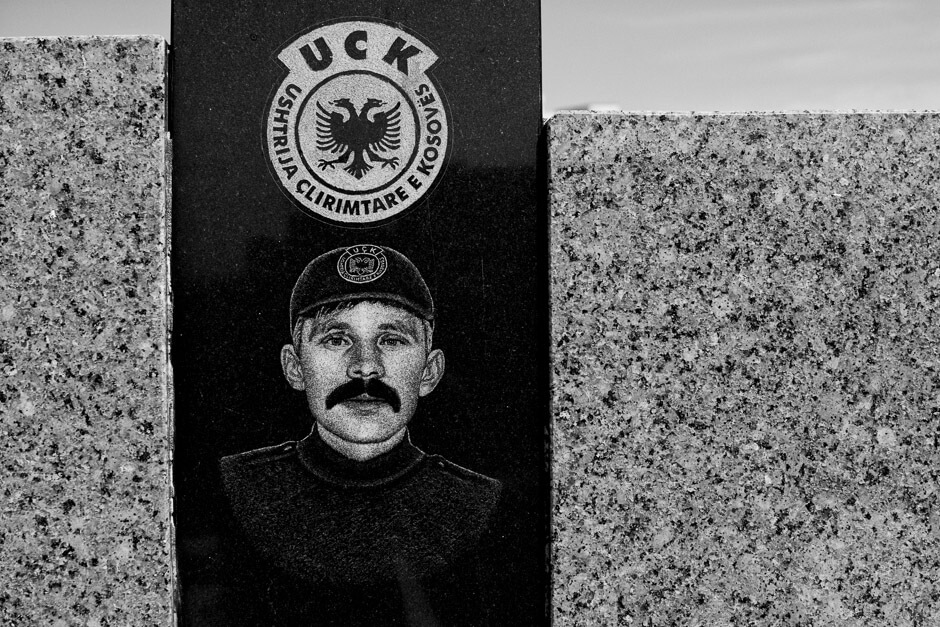Kosovo is a country in search of an identity. The former province of Serbia declared independence nearly a decade after a devastating war in 1998-99. Today, Europe’s youngest state faces serious challenges: Unemployment in some regions is over 40% and dissatisfaction with wartime politicians who remain in power is rising. Unresolved alleged war crimes, discrimination and corruption fuel the mistrust in state institutions. As a result, ethnic tensions between Albanian nationalists, Serbs and other minorities such as Roma or Ashkaly remain bitter. Many individuals, families and communities have undergone trauma, multiple displacements, and loss of family and friends. Oftentimes, suspicion and hatred is not just still present but increased through assumed actions or actual actions and even inactivity of members of the other community. Young Kosovars often do not see a future for themselves in what for many feels like an artificial state not to last. According to a recent study by the GIZ, one in two Kosovars wishes to migrate to Western Europe.
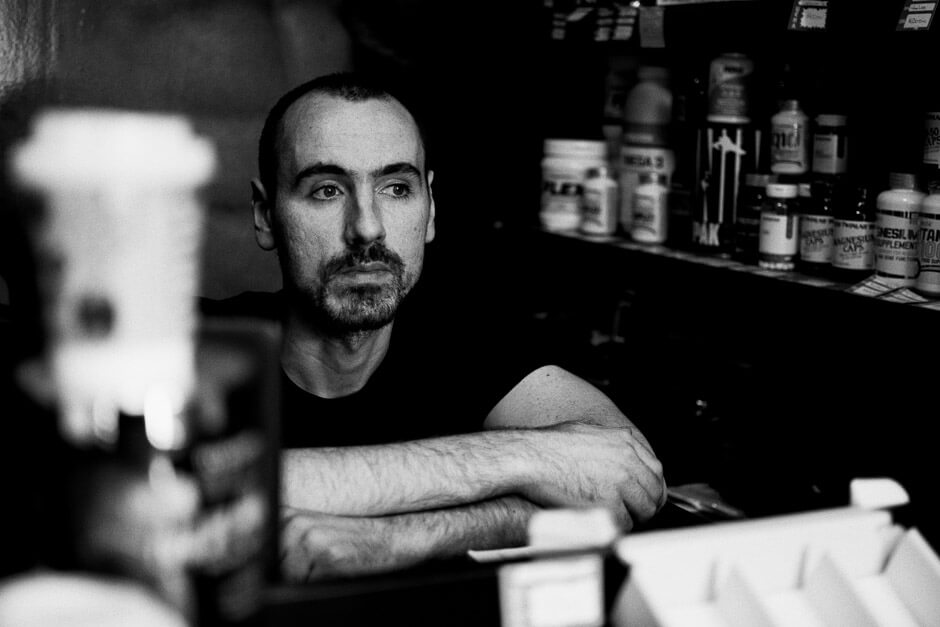
Stephan is running a sports nutrition shop in Serbian North Mitrovica.
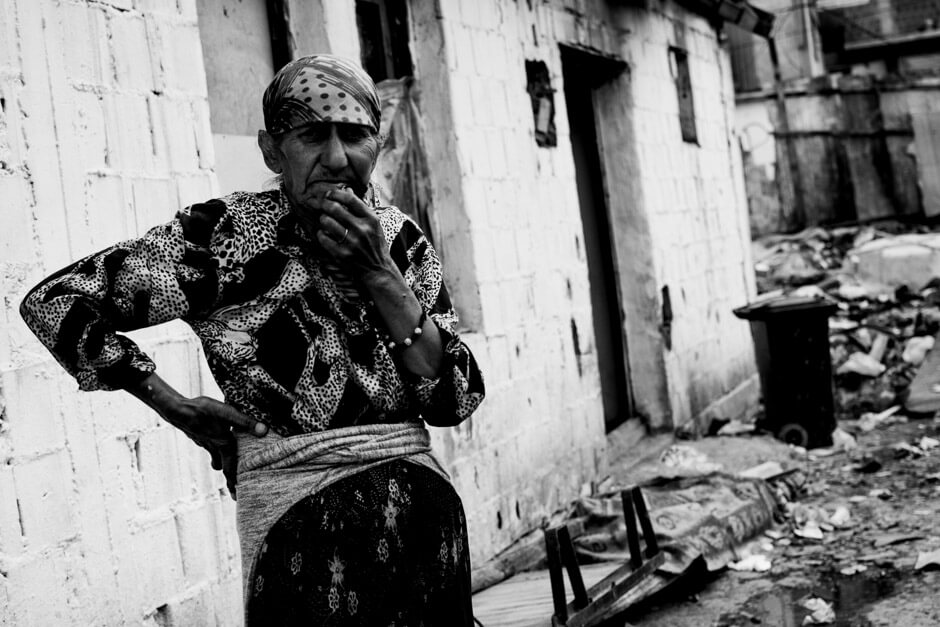
Ashkaly woman, her family's ground in Fushe Kosova is being used as a public dump.
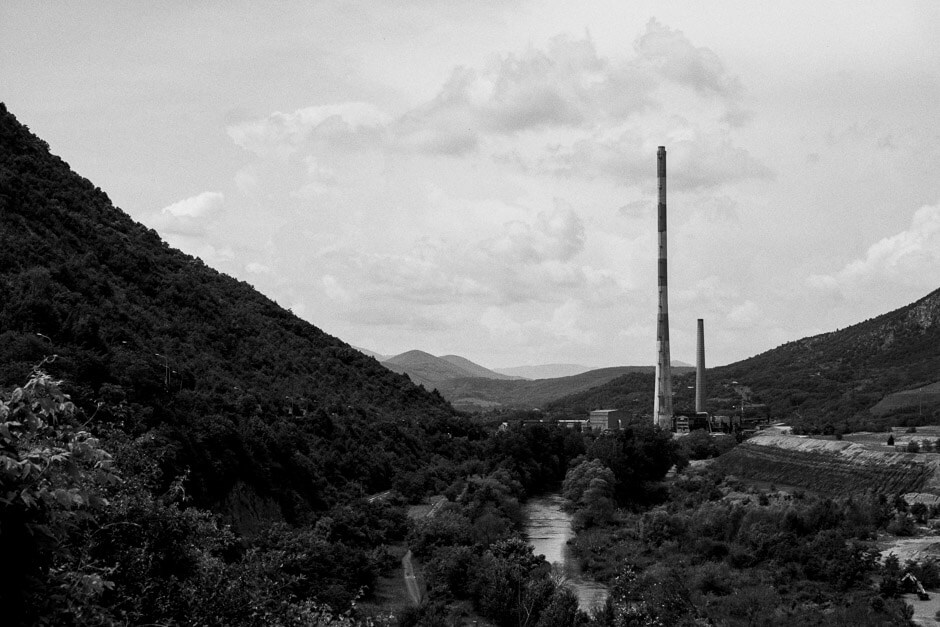
Trepča Mines northeast of Mitrovica.
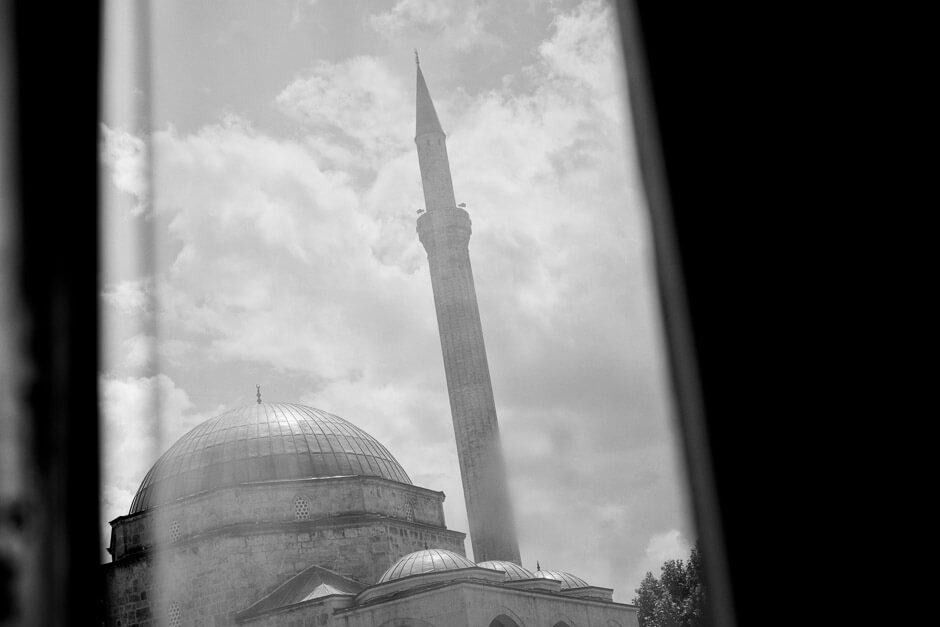
Sinan Pasha Mosque in Prizren.
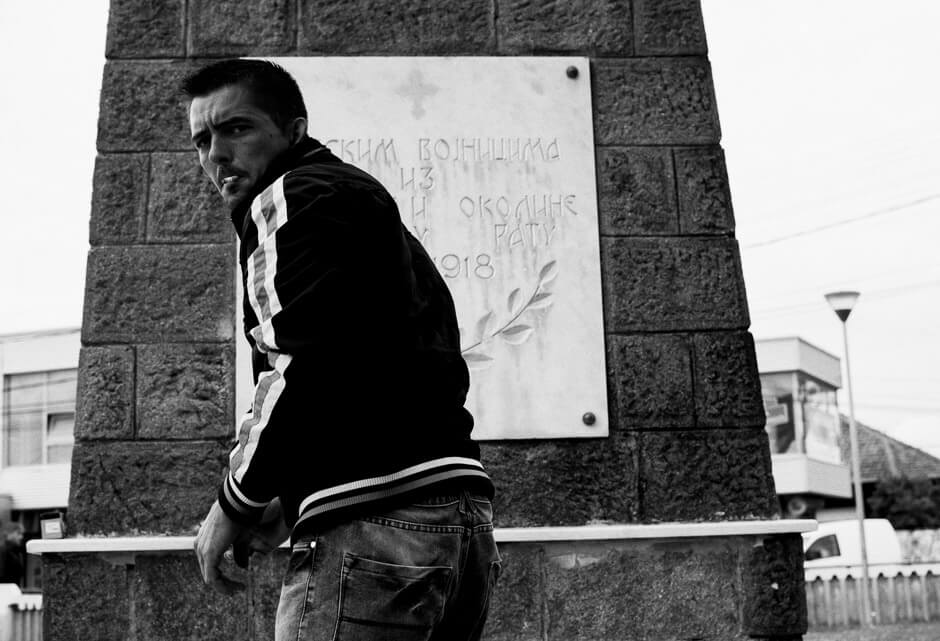
A craftsman working on a First World War memorial sitein the Serbian enclave Gracanica.
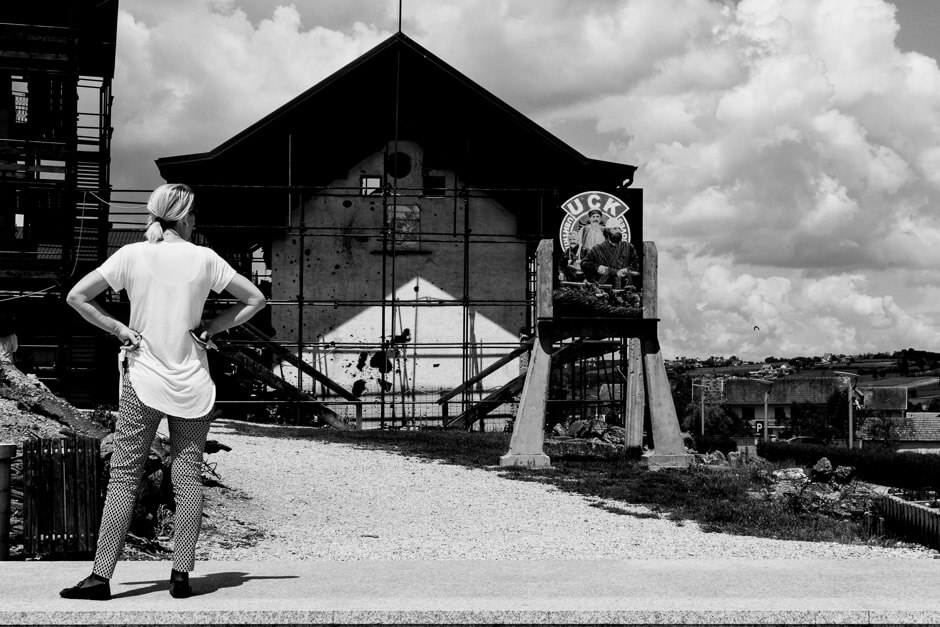
The damaged family home of one the UÇKs founding members Adem Jashari, now functioning as a memorial complex.
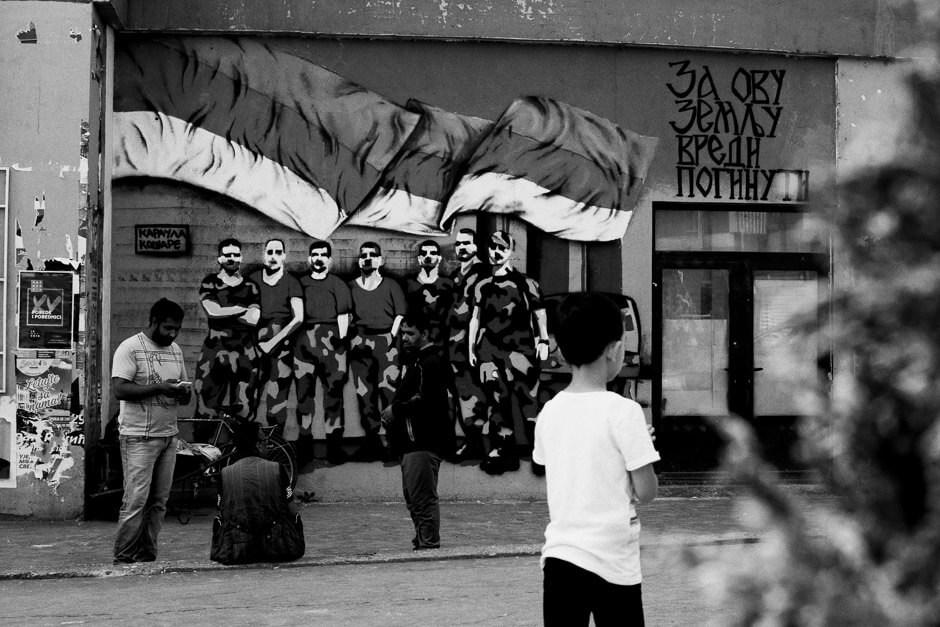
Mural celebrating soldiers of the 1998-99 war in Serbian North Mitrovica.
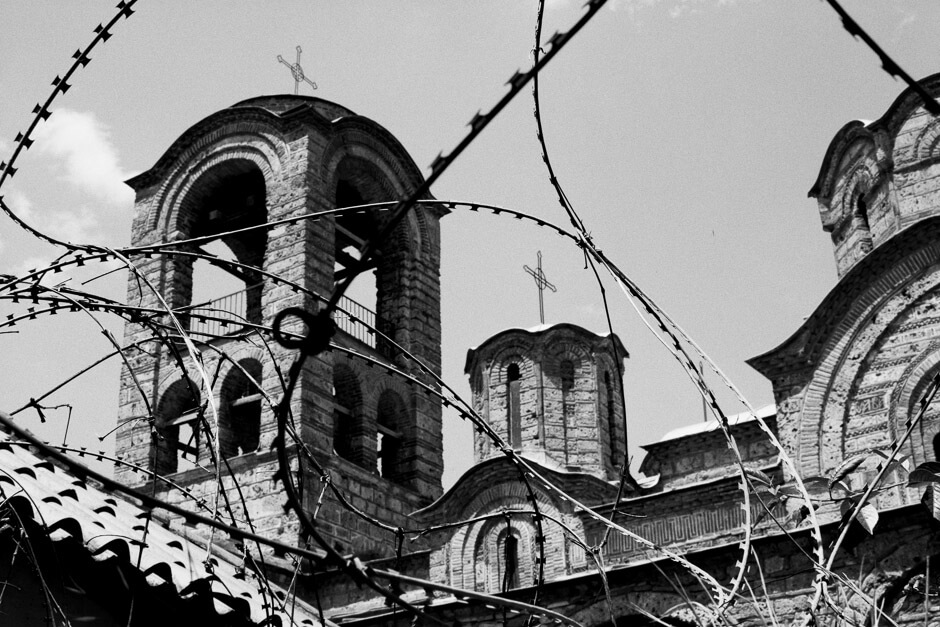
Abandoned Lady Ljevis Church in Prizren. In the 2004 unrest 56 Serb houses and 5 historical churches were burnt down in the city alone.
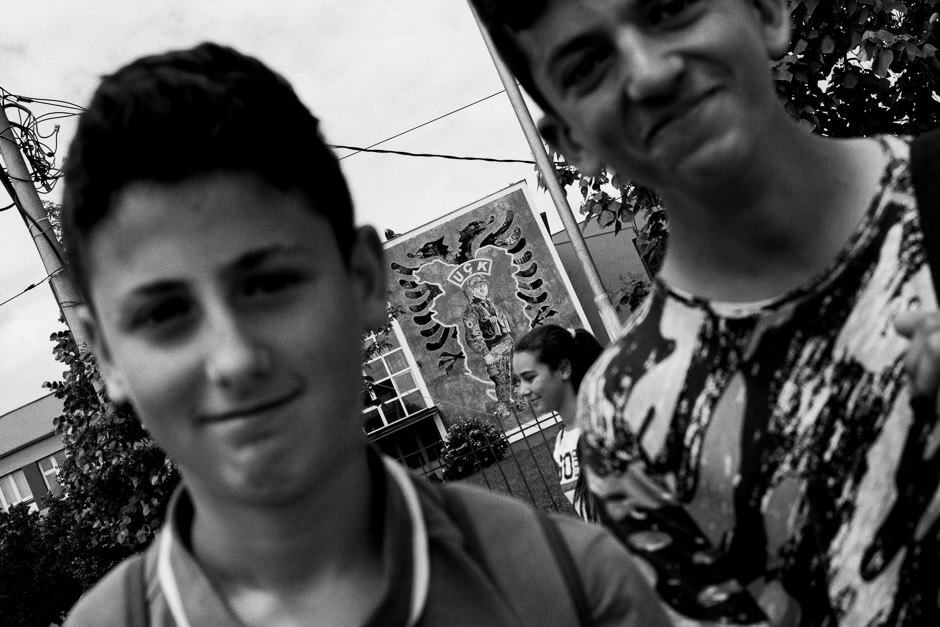
UÇK mural on the walls of a school in Drenas.
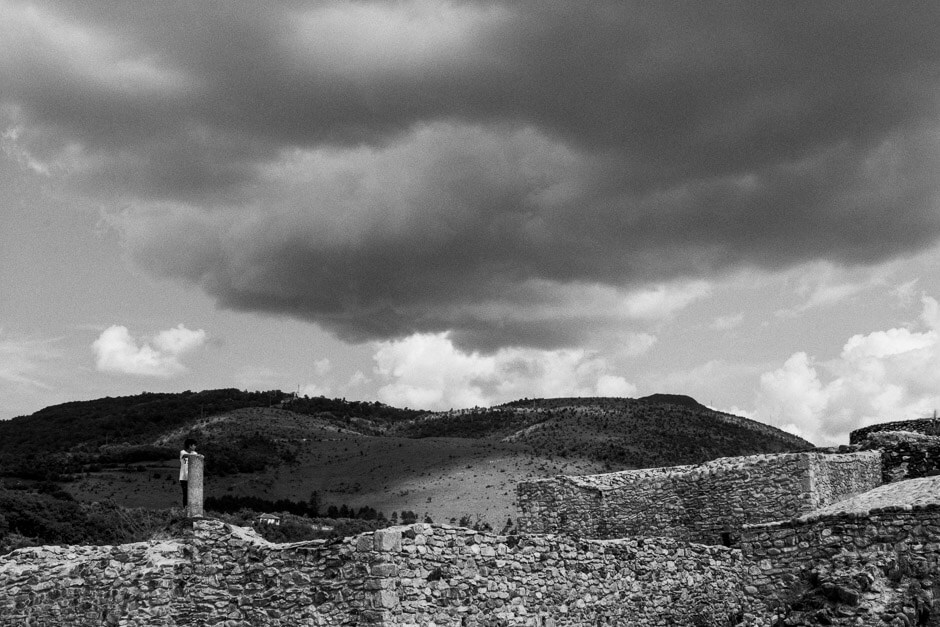
Prizren Castle.
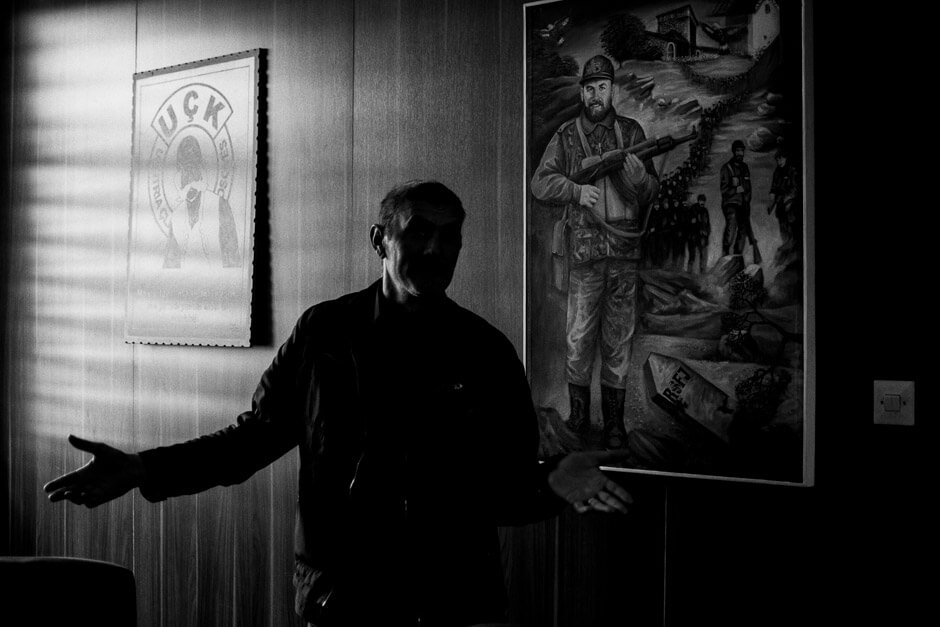
UÇK veteran and television actor Lalushi at the veterans organizations headquarters in Prishtina.
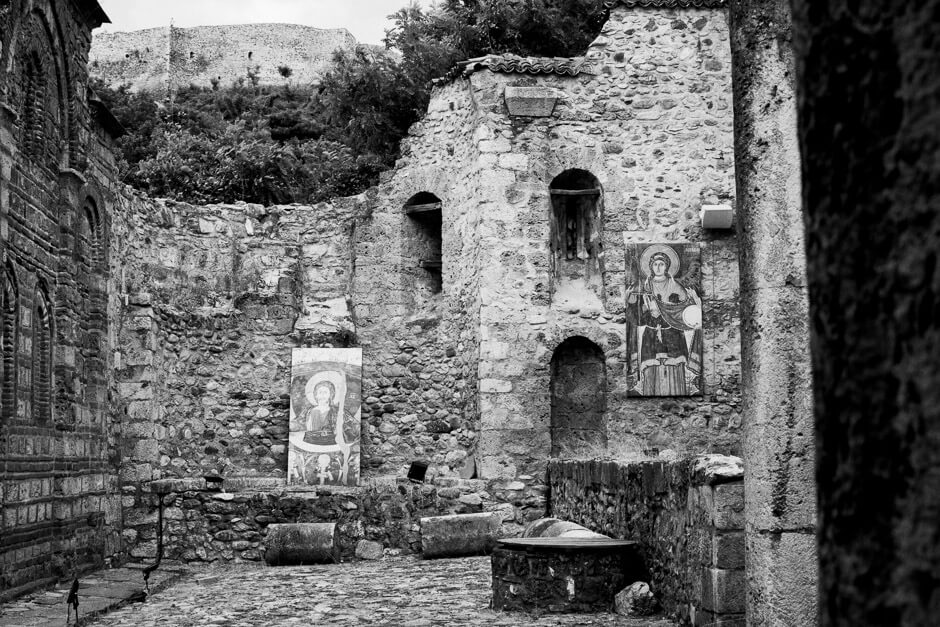
The remains of the Holy Savior Church in Prizren, which was burned down in the 2004 unrest.
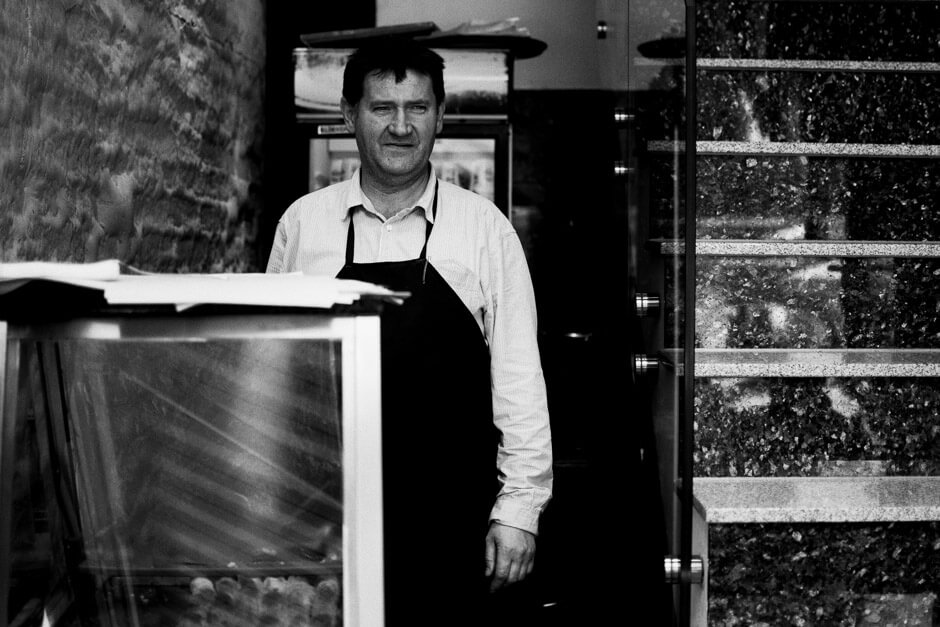
Bosniak in his popular burek shop in Prizren.
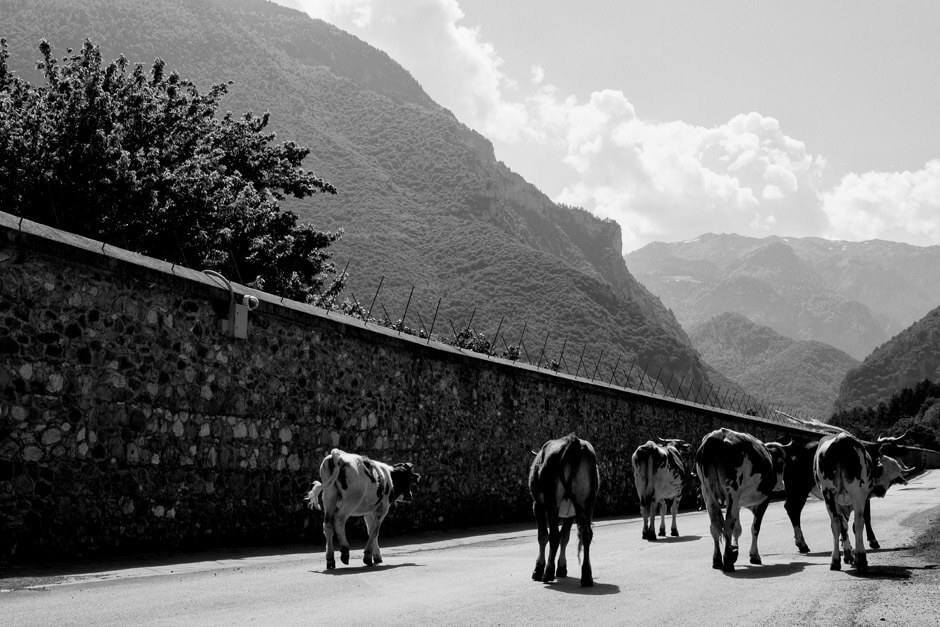
Outside the Pec Patriarchate, a Serbian orthodox monastery guarded by KFOR troops.
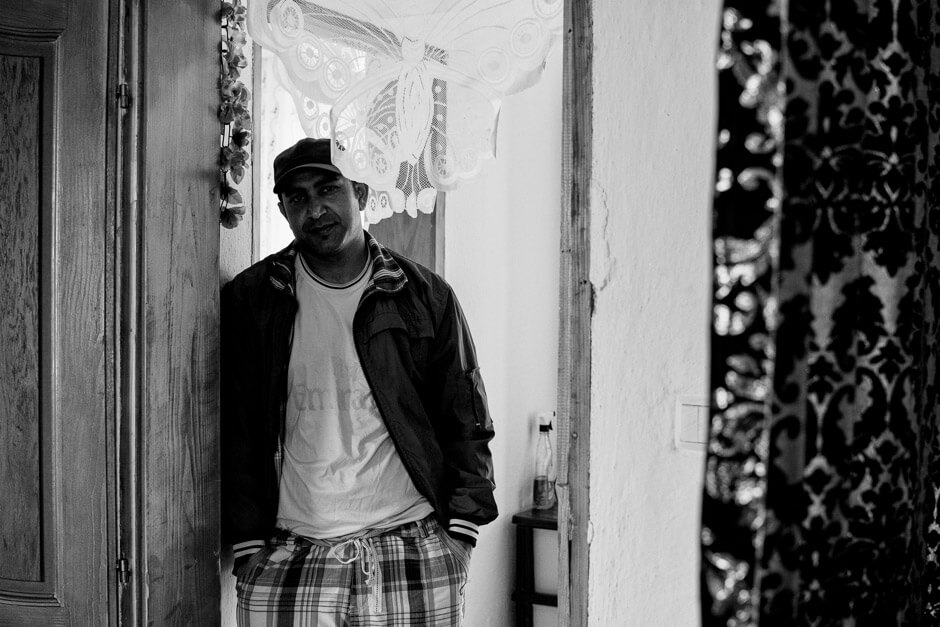
Roma in his newly build home in the Serbian enclave Gracanica.
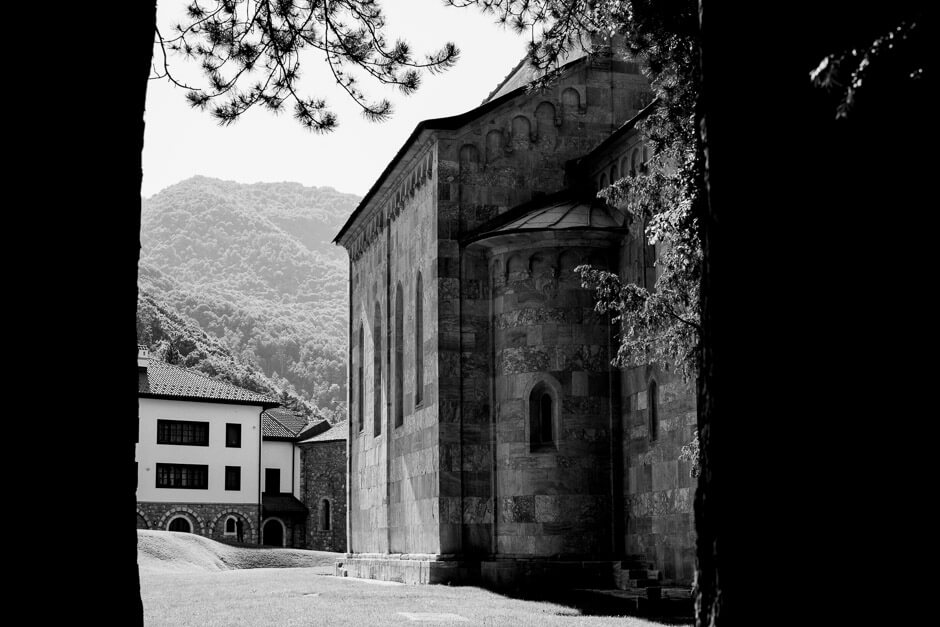
Inside the Patriarchate of Peć, a Serbian Orthodox monastery.
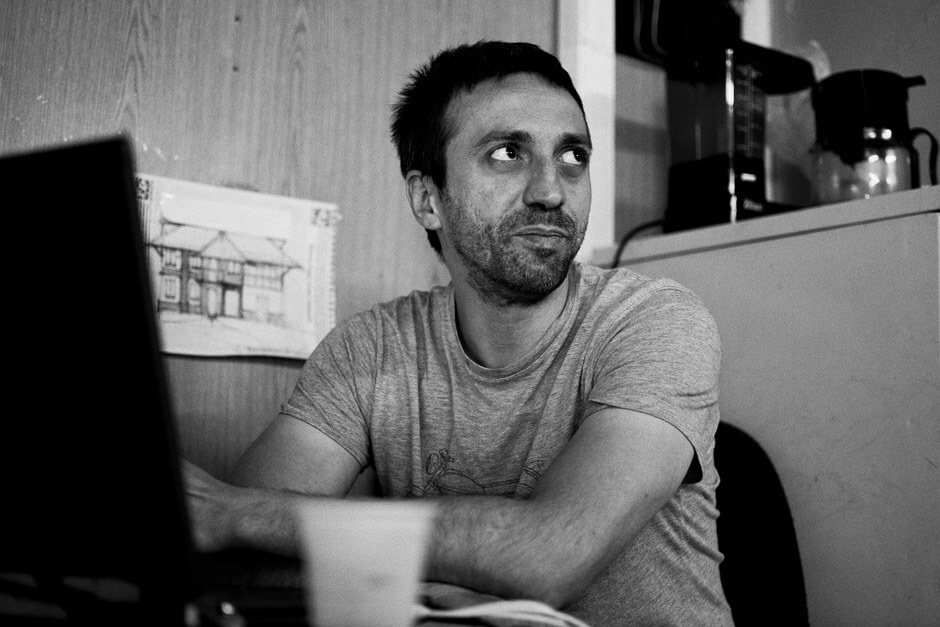
Enter is running the NGO Urban Green in North Mitrovica.
